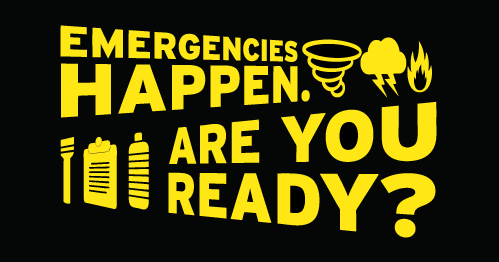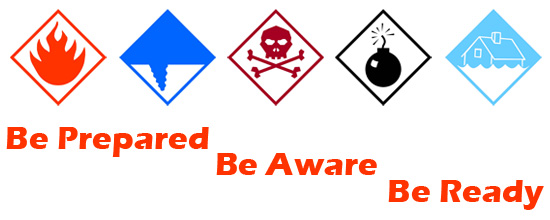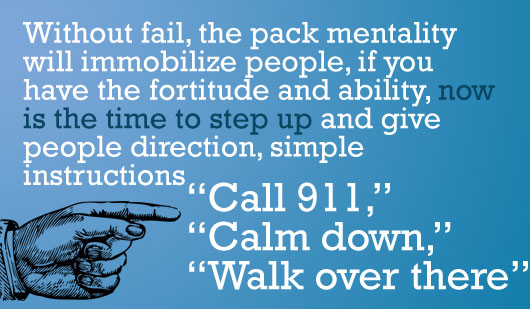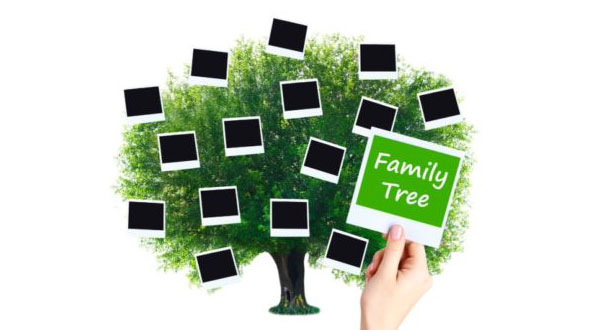Family Emergency Preparedness Part I
Have you ever wondered what will happen if suddenly you and your family were gripped by a tornado or a raging fire? It has rightly been exclaimed prevention is better than cure. So, before an emergency affects your family, it is in your interests to plan about your family’s preparedness.
Types of Emergencies
-
Danger to Life
- An immediate danger to the life of people involved.
- Emergencies affecting a single person, including heart attacks, strokes, and trauma.
- Incidents affecting large numbers of people such as natural disasters including tornadoes, hurricanes, floods, and mudslides.
-
Danger to Health
- Not immediately threatening to life, but might have serious implications for the continued health and well-being of a person or persons.
- Range of incidents greater than those that cause a danger to life (such as broken limbs, which do not usually cause death, but immediate intervention is required if the person is to properly recover)
-
Danger to Property
- An example of this would be a fire in an evacuated warehouse. The situation is treated as an emergency since the fire may spread to other buildings or may cause sufficient damage to make the business unable to continue (affecting the livelihood of the employees).
-
Danger to the Environment
- Affects the natural environment and creatures living within it. Not all agencies consider this a genuine emergency, but it can have far reaching effects on animals and the long term condition of the land.
- Examples would include forest fires and marine oil spills.
Suppose you’re lounging on your cosy couch and all of a sudden the smell smoke dominates your nostrils – something is burning. You leave your couch to find one of your electrical appliances has caught fire. What would you do now? What would you do if any emergency manifests itself like a bolt from the blue?
Steps to Take in Response to an Emergency
1. Stay Calm and Rational
The only thing more dangerous than the emergency itself is fear and stress. It can make you lose your precious life if you fail to remain calm. So stay calm and understand it’s imperative for you to face the emergency.
2. Remember Your Cell Phone
Always remember in the advent of an emergency, communication is your first line of defence. Whether it be fire, car accident or any other emergency, always have your mobile phone or tablet, if possible, at your disposable.
3. Show Prudent Courage
Though it is advisable to stay away by reaching a safe distance from emergencies like fire and floods, you may need to take actions to protect yourself and your loved ones. Sometimes you need to take a little risk and bring your loved ones in a safe zone who may be presently in the line of danger.
Failure to do so may result they have face the brunt of the emergency. However, you also need to maintain rationality. If you realize that saving someone from an emergency is in no way possible, hold back. Stay practical instead of being emotional.
4. Use First Aid
If someone is profusely bleeding or someone is unable to breathe and turns unconscious, then use some first aid to save their lives. For instance, if someone is bleeding, press that region with a clean cloth tightly in order to prevent blood to come out. Try forcing breath from your mouth into the mouth of someone who is unable to breathe during an emergency. Techniques such as mentioned above is of prime importance to tackle a medical emergency.
5. Call Emergency Services
Call Emergency Services including Police, Hospital and Traffic Control Room, as necessary. Once you have called them, you may now call up your relatives and loved ones.
The next post in this series will discuss what you need to do in order to ensure emergency preparedness.








